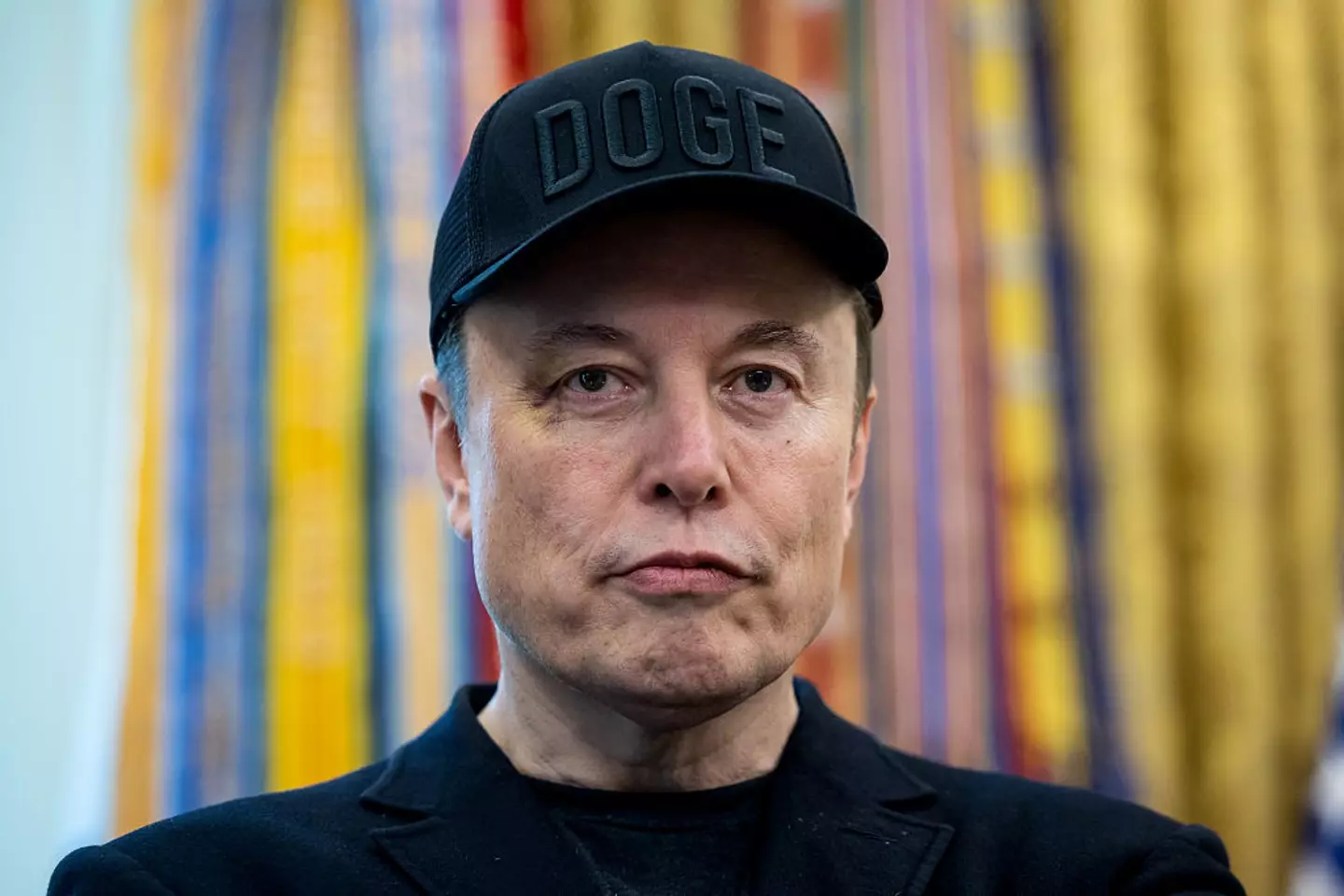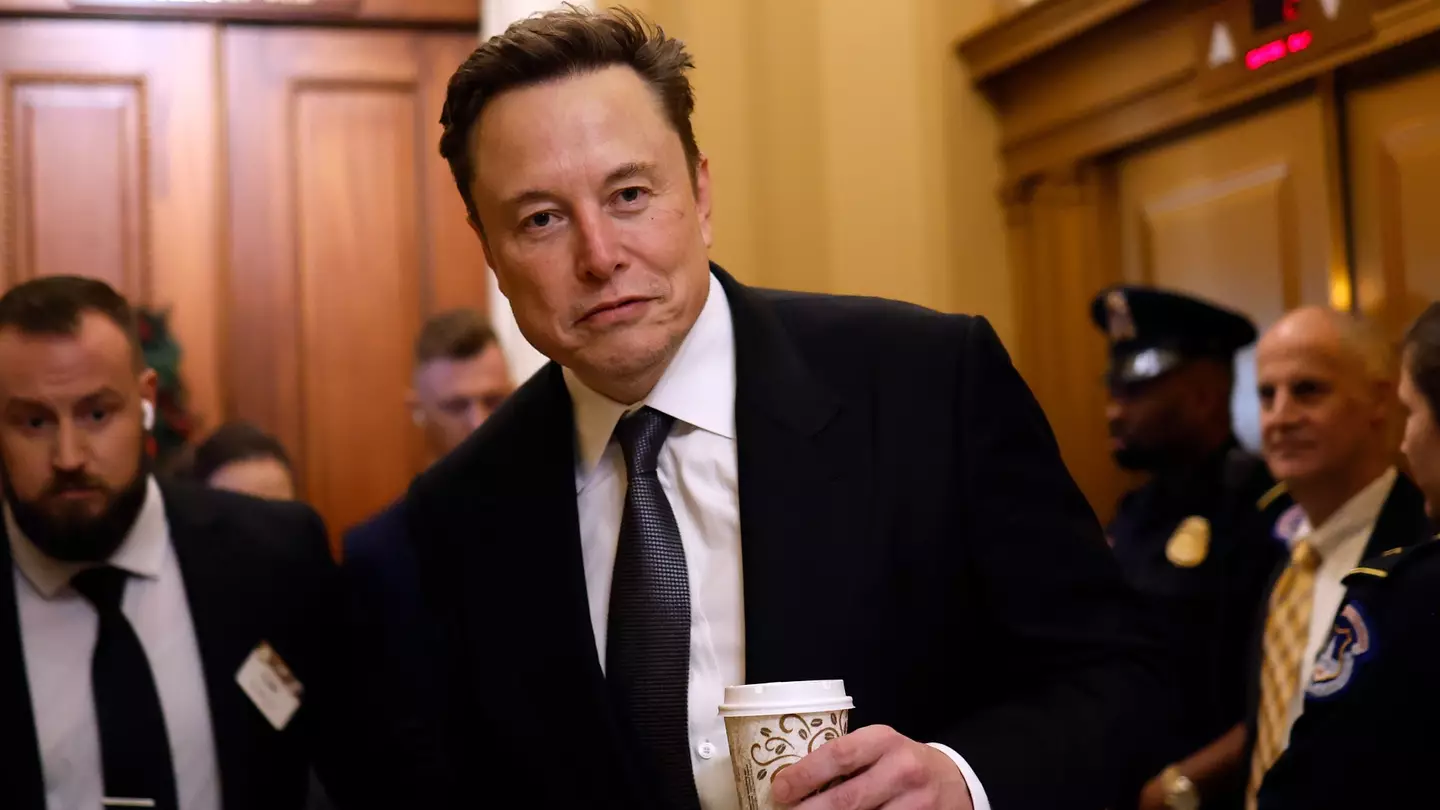Elon Musk has recently proposed an idea that has garnered significant criticism from scientists regarding the Sun and climate change.
On November 3, the founder of SpaceX suggested deploying a ‘large, solar-powered’ array of satellites to orbit the Earth, aiming to address the global warming crisis.
Musk believes these AI-enabled satellites could make ‘tiny adjustments’ to the amount of solar energy reaching our planet.
These modifications are intended to ‘cool down the planet’, potentially averting the catastrophic effects of climate change.
In his post, Musk stated: “A large solar-powered AI satellite constellation would be able to prevent global warming by making tiny adjustments in how much solar energy reached Earth.”
This concept has sparked considerable debate on social media platforms.

One user commented: “So basically we’re letting AI decide how much sunlight humans get now? What could possibly go wrong.”
Another person remarked: “This is the worst idea ever.”
Someone else stated: “No person nor company nor government has the right to mess with OUR collective world climate.”
Another user shared a clip of Musk from last year, where he mentioned in Pittsburgh that the Sun required ‘no maintenance’ regarding its energy output.
Nevertheless, scientists have expressed concerns that the implications of Musk managing the Sun’s energy supply could be far more severe.
Lili Fuhr, who oversees the fossil economy program at the Center for International Environmental Law (CIEL), warned that it could ‘destabilize’ the climate.
Speaking to the Daily Mail, she said: “Solar geoengineering is inherently unpredictable and could further destabilize our already fragile climate system.”
“Any future geoengineering deployment would threaten the lives and rights of billions of people, including in the UK,” she continued, elaborating: “If it were ever deployed, it would not be possible to pause or halt it without risking rapid temperature spikes and an acceleration of global heating.”
“These highly speculative technologies are a dangerous distraction from solving the climate crisis and should be taken off the table for good,” Fuhr emphasized.
Professor Sammie Buzzard, a glaciologist and climate scientist at Northumbria University, also voiced concerns about Musk’s proposal, warning of potential ‘unintended consequences’. She told the outlet: “It shouldn’t be up to one individual or one country to decide the climate for another, especially with the risk of unintended consequences from untested methods.”
“Some examples of things that would need to be investigated further for this method would be the carbon costs (launching satellites and AI both involve a lot of carbon) and governance,” she explained, highlighting the possibility of ‘global consequences that would not be equal everywhere there would need to be global agreement for it to go ahead’.
Requests for comment have been sent to representatives for Elon Musk.

